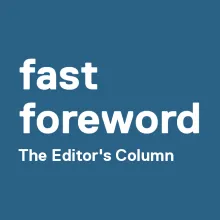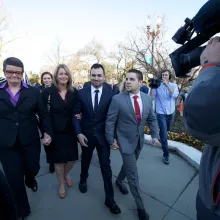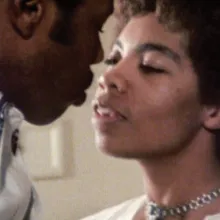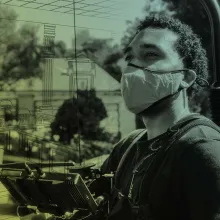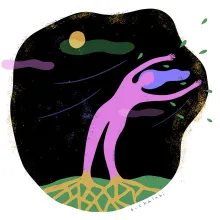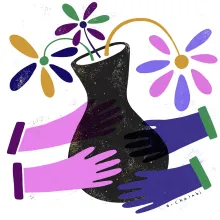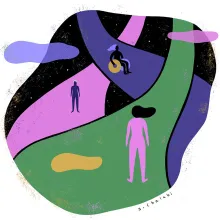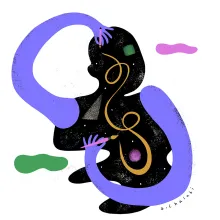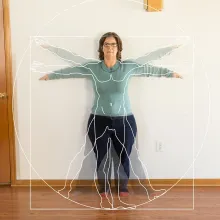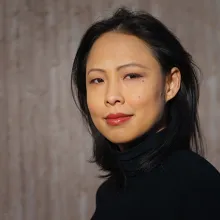Dear Readers, The online edition of the Getting Real Documentary Conference, held last fall to a global audience of 3,100 attendees from 54 countries, catalyzed what has been one of the most tumultuous years of the past century. Within our community, the ongoing reckoning on systemic racism has spurred a collective self-examination among filmmakers, media arts organizations and the gatekeeping apparatus of programmers, funders, commissioning editors, distributors and exhibitors. Among the many takeaways from the digital confab were the keynote addresses from filmmakers Maria Agui Carter, Zeng
Latest Posts
Criminal prosecutions and civil litigation can make compelling subjects for documentarians. Indeed, documentary films that have used legal cases as a vehicle to explore broader social and cultural themes, or to expose individual or systemic injustice, are legion. Ben Cotner and Ryan White’s 2014 film The Case Against 8, which told the story of the legal fight to overturn California’s Proposition 8 ban on same-sex marriage; Stephen Maing’s 2018 film Crime + Punishment, which focused on a group of whistleblowing New York Police Department officers—the “NYPD 12”—who alleged in a lawsuit that they
When I was in graduate school studying anthropology and film in the mid-2000s, the documentaries of Adam Curtis blew my mind. His playful and surprising, yet often also disturbing, historical collages were unlike anything I had seen at the time. Based at the BBC, Curtis splices gritty news and documentary archival with vintage ephemera including ads, educational films and industrials as well as Hollywood films. His cuts often highlight moments that might otherwise have been erased from official records—awkward silences, meaningful glances, unintentional camera movements. His early work such as
What role can mediation play in resolving disputes that arise during production of documentary films? Warning: producing documentaries can be hazardous to professional relationships. In the course of a typical production, collaborators may squabble over a variety of creative and business matters. Disputes could possibly involve project finance, editorial direction, distribution options, credits and, when reconciliation isn’t in the cards, the terms of a breakup. Making a documentary film entails dozens of important decisions. When the film has two or more producers, the parties sometimes enter
The documentary industry is hurtling towards transformation. The convergence of a pandemic that has destabilized the industry with endemic racism that has made visible inequities across the field has many calling for a radical reimagining, even a decolonization, of documentary. This reimagining aims to unearth the colonial roots of a form that employed extractive (sometimes nonconsensual) filmmaking, where filmmakers from outside of a community treat its stories as resources to be culled for entertaining or educational fare, rather than the community's benefit. Efforts to share power with or
Following the questions posed by my former Multitude Films producing partner Lisa Valencia-Svensson in her essay “Who's Telling Whose Stories To Whom and Why?" is: and how? If our creative methods of storytelling intend to counter the extractive, colonial heritage of documentary, then our financial and legal practices must also. Our business models can either serve as obstacles to justice or opportunities to support equity, access and representation. Despite an apparent influx of resources in the field, independent documentaries—particularly those by emerging and underrepresented filmmakers
Since the very dawn of documentary film, BIPOC have held immense value as documentary subjects, yet meaningful commitment to BIPOC filmmaker and executive careers has been fleeting. That discrepancy, which has become more pronounced in this corporate age of documentary, is unjust and unsustainable. It robs our community, the industry and audiences of the wider promise of creative potential and cultural impact. As the COVID-19 global pandemic rages on, the very possibility of who can be a filmmaker is further threatened. In this moment of existential uncertainty, BIPOC artists not only suffer a
I’ve spent most of my career arguing that Mexicans should make Mexican films. I’ve felt angry whenever others made films about us because we were often misrepresented, misunderstood and reduced to cliché. I believe that the form of artwork—in particular, film—is a reflection of identity, and have fought to defend my work when it did not follow dominant trends. I still stand behind these ideas, but in 2016, my first son was born in San Francisco, and I decided to make a film about the world I was now in: a culture immersed in technology. I began my first “non-Mexican” film feeling guilty that I
Julie Wyman is an award-winning filmmaker, performer, writer, and professor. Her previous works include Buoyant (2005), A Boy Named Sue (2000) and STRONG! (2012), all which have been showcased globally. Her current work, Untitled Dwarfism Project (in development), is one of the latest projects granted funding by the IDA Enterprise Documentary Fund. Wyman holds an MFA from the University of California, San Diego. She is currently an Associate Professor of Cinema and Digital Media at UC Davis. IDA: Your portfolio of work has primarily focused on the cultural and media constructions of body image
Poh succeeds Carrie Lozano who joined the Sundance Institute as Director, Documentary Film Program in Fall 2020.
